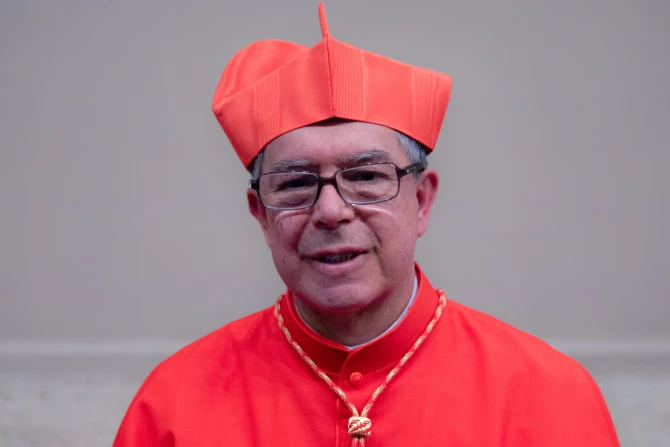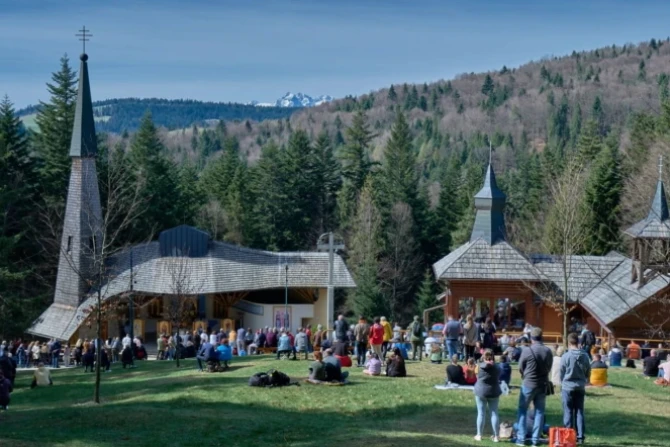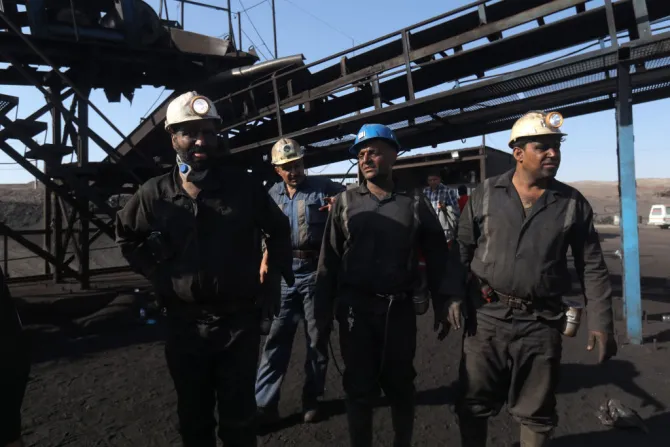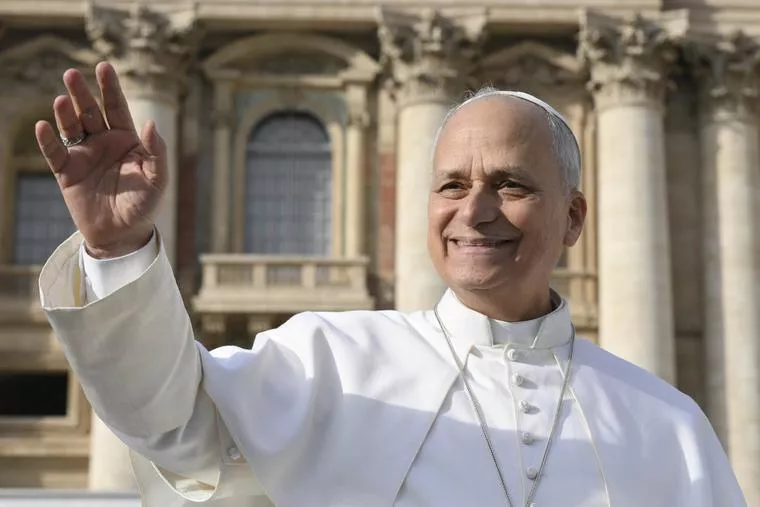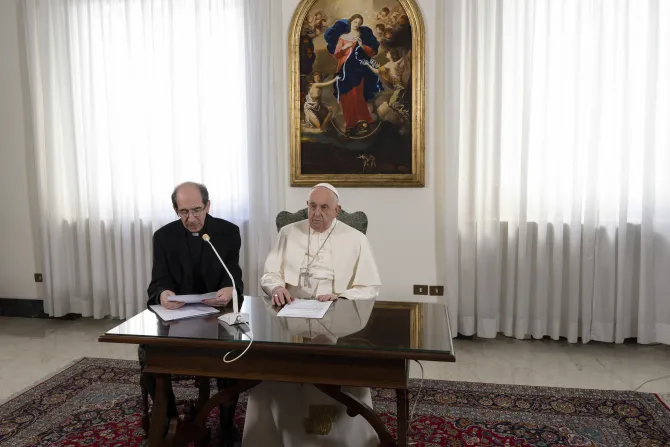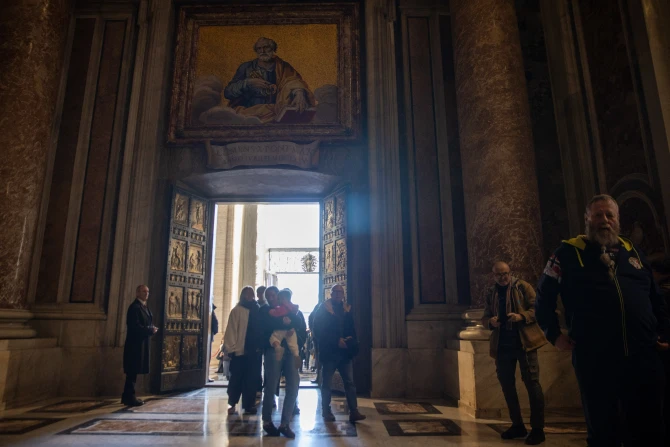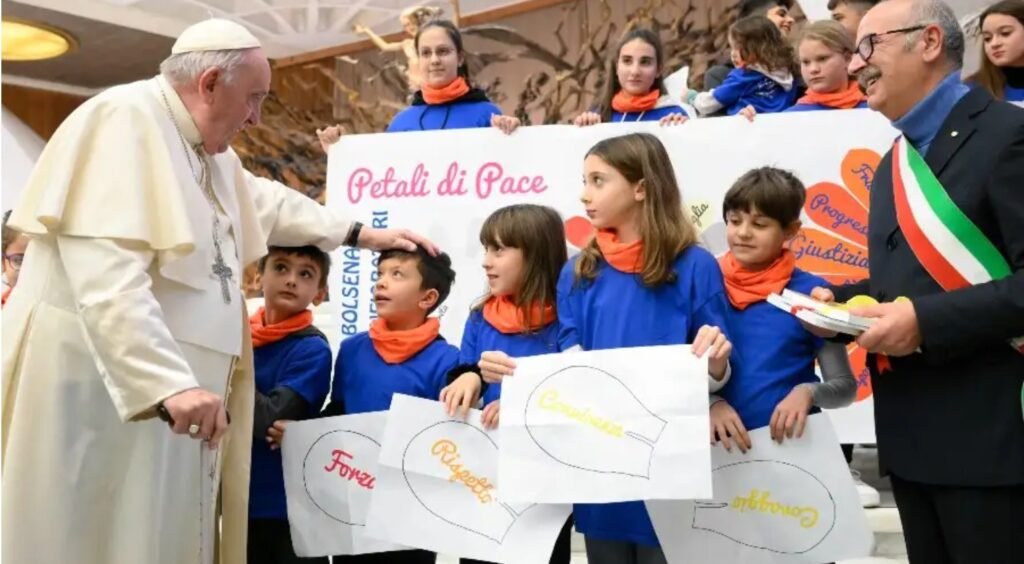Colombian Cardinal Luis José Rueda Aparicio pointed out that the atmosphere among the cardinals is “quite different” from what people who associate a papal conclave “with a democratic election of a president” may imagine.
SIGN UP FOR OUR NEWSLETTER HERE
From Rome, where he is participating as a cardinal elector, the archbishop of Bogotá explained in a video from the Colombian Bishops’ Conference how the College of Cardinals is experiencing the days leading up to the beginning of the Wednesday, May 7, conclave.
“It’s a very different atmosphere than what most people might imagine, because some associate it with the democratic election of a president, a leader of a country or territory, but it turns out not to be the case. It’s characterized by an atmosphere of prayer from beginning to end,” he stated.
“The great protagonist is the Holy Spirit. He is the one who leads, he is the one who holds the reins of the history of the Church,” he added.
Starting Wednesday, 133 cardinal electors from 71 countries are gathering in the Sistine Chapel, making this conclave the largest and most universal in the history of the Catholic Church.
In this regard, the cardinal archbishop said the preceeding days of holding general congregations have served to help the cardinals get to know one another.
Rueda also remembered the late Pope Francis as “a mature fruit of the evangelization of Latin America” and the experience of “those bishops close to the parish communities, to all the people who experience the hope of the Latin American people, which they place in Christ Jesus and in the Blessed Virgin Mary.”
Finally, Rueda asked the faithful to continue praying that the election of the next pope “may be according to the will of God the Father.”
“This moment is a moment of the Church, and whoever it may be, he is the chosen one of the Lord, he is the chosen one of Jesus Christ the Lord,” he said.
This story was first published by ACI Prensa, CNA’s Spanish-language news partner. It has been translated and adapted by CNA.

